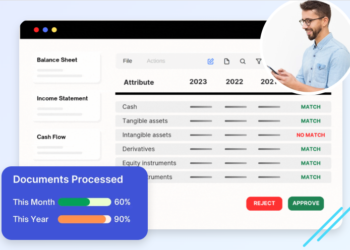Addiction recovery can be difficult to manage alone, and for many people in Arizona, professional support is a key step toward change. An Arizona treatment center plays an important role in guiding individuals through the recovery process by offering a mix of clinical care, therapy, and long-term support. These centers focus on practical solutions that are proven to help people regain control over their lives.
Structured Programs for Different Needs
One of the strengths of a quality treatment center is the variety of programs it offers. Recovery is not one-size-fits-all, so centers often provide several options, such as inpatient (residential), outpatient, and partial hospitalization programs. Inpatient programs give a stable, distraction-free setting where individuals can focus fully on getting better. Outpatient services, on the other hand, allow flexibility for those with work or family responsibilities. Partial hospitalization combines both approaches, providing more intensive care than outpatient but without the need to stay overnight. Each format helps address specific levels of addiction, offering support based on what the individual needs most.
Evidence-Based Therapies
Effective recovery depends on more than just willpower. Treatment centers in Arizona use proven therapy methods that are widely accepted in the mental health field. These include Cognitive Behavioral Therapy (CBT), which helps individuals understand and change harmful thoughts and habits. Motivational Interviewing is another tool that builds a person’s readiness to make positive changes. Group therapy and peer support allow individuals to connect with others facing similar struggles, helping reduce isolation and increase confidence. These therapies are structured and goal-oriented, making them useful at all stages of recovery.
Medical and Mental Health Support
Many people dealing with substance use also face medical or mental health concerns. Arizona treatment centers usually include access to medical professionals who provide detox supervision and manage medications as needed. For individuals with co-occurring disorders like anxiety or depression, integrated care is available to treat both conditions together. This approach ensures that recovery isn’t just focused on substance use but on overall health.
Personalized Treatment Planning
Before beginning treatment, centers often carry out detailed assessments to understand the person’s history, current condition, and goals. This helps create a personalized plan that’s realistic and specific. As treatment progresses, adjustments are made based on what’s working and what’s not. The goal is to stay flexible while keeping the person focused and supported. This ongoing customization is a key part of successful recovery.
Support Systems and Aftercare
Recovery doesn’t stop when the main program ends. Most centers offer continued support through aftercare services. These may include follow-up counseling, 12-step groups, or sober living arrangements. Family involvement is also encouraged, helping rebuild relationships that may have been affected by addiction. Support groups and relapse prevention tools give individuals the skills they need to handle life without going back to old habits.
Conclusion
A well-rounded Arizona treatment center offers more than just a temporary fix—it provides a complete system for recovery. Through structured programs, expert-led therapy, medical support, and ongoing care, individuals are given real solutions that address both the causes and effects of addiction. Seeking help early and choosing a center that fits individual needs can make a lasting difference in someone’s life.





